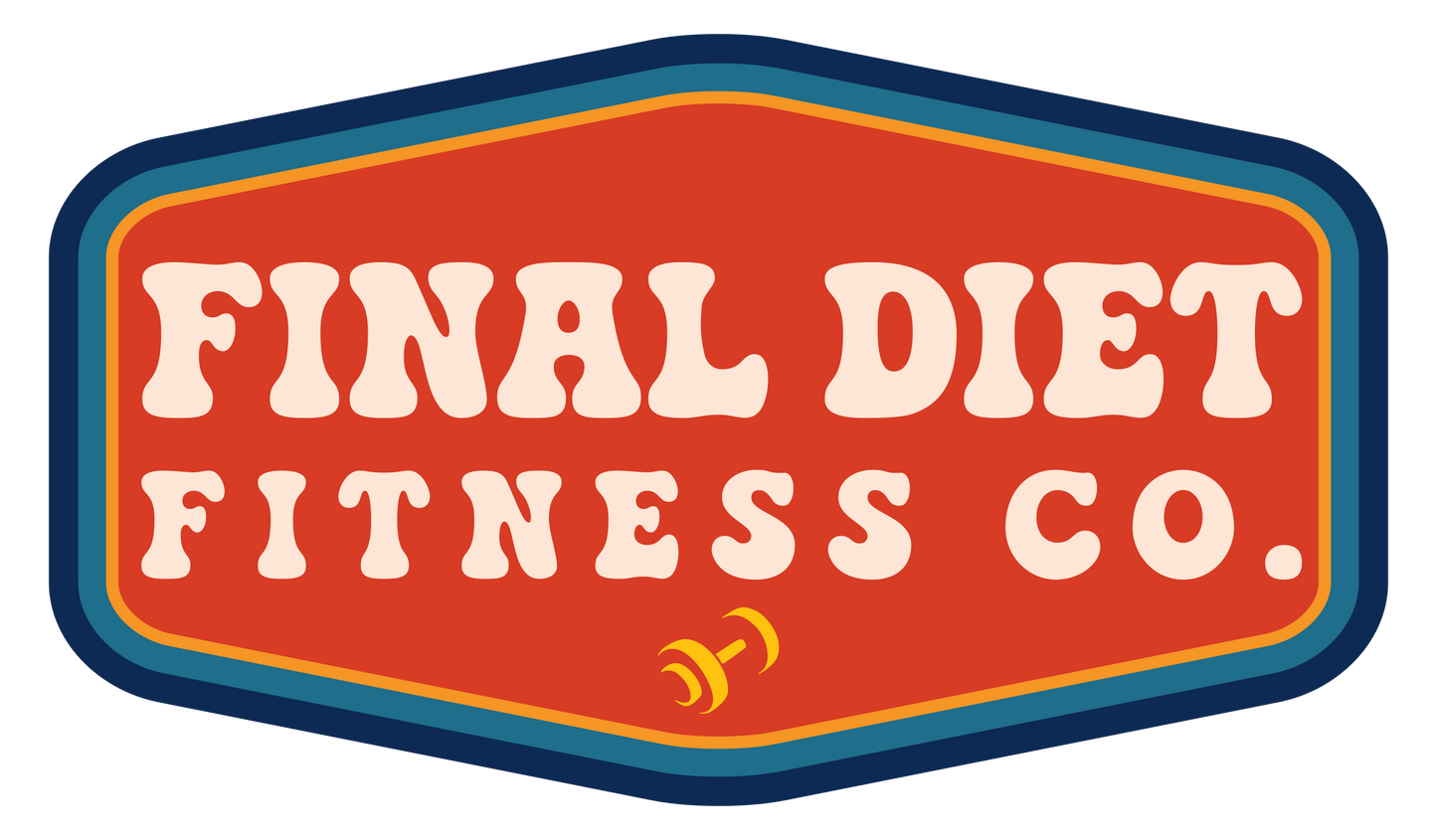
Why Stress Isn’t Just in Your Head
Your body doesn’t distinguish between types of stress—work deadlines, lack of sleep, or hard workouts all register the same way. When stress stays elevated, it triggers the release of cortisol, a hormone designed for survival, not long-term fat loss.
Short bursts of cortisol are fine—helpful even—but chronic elevation leads to fatigue, poor recovery, and stalled progress.
1. What Cortisol Does
Cortisol increases blood sugar to fuel quick energy during “fight or flight.” In short doses, it helps you perform better. But if stress never subsides, cortisol stays elevated—and your metabolism, hunger, and recovery take a hit.
Common signs of chronic stress:
- Fatigue despite adequate sleep
- Frequent cravings, especially for sugar
- Slower fat loss even with calorie control
- Poor sleep quality or waking up wired
2. How Stress Stalls Fat Loss
- Raises appetite hormones (ghrelin): making you crave quick comfort foods.
- Lowers thyroid output: slowing metabolism over time.
- Reduces recovery: muscles stay inflamed longer, and energy drops.
Even if your diet is perfect, chronic stress can block progress by keeping the body in a constant “survival” state.
3. How to Lower Cortisol Naturally
You can’t eliminate stress, but you can manage your response to it.
- Prioritize sleep: aim for 7–9 hours per night.
- Walk daily: low-intensity movement helps regulate hormones.
- Breathe intentionally: 4–5 slow exhalations reduce nervous system activation.
- Eat regularly: skipping meals or going too low-carb raises stress hormones.
Small habits done daily create stability—and that stability brings progress.
4. Training and Recovery Balance
Training is a stressor too. Combine heavy lifting, cardio, calorie restriction, and poor sleep—and your body never gets a break.
Tip: cycle intensity. Not every session should feel like a test. Alternate hard and easy days to allow recovery.
Key Takeaway
Fat loss isn’t just about calories—it’s about stress balance. Manage cortisol through rest, movement, and mindful habits, and your body will reward you with better energy, recovery, and results.
